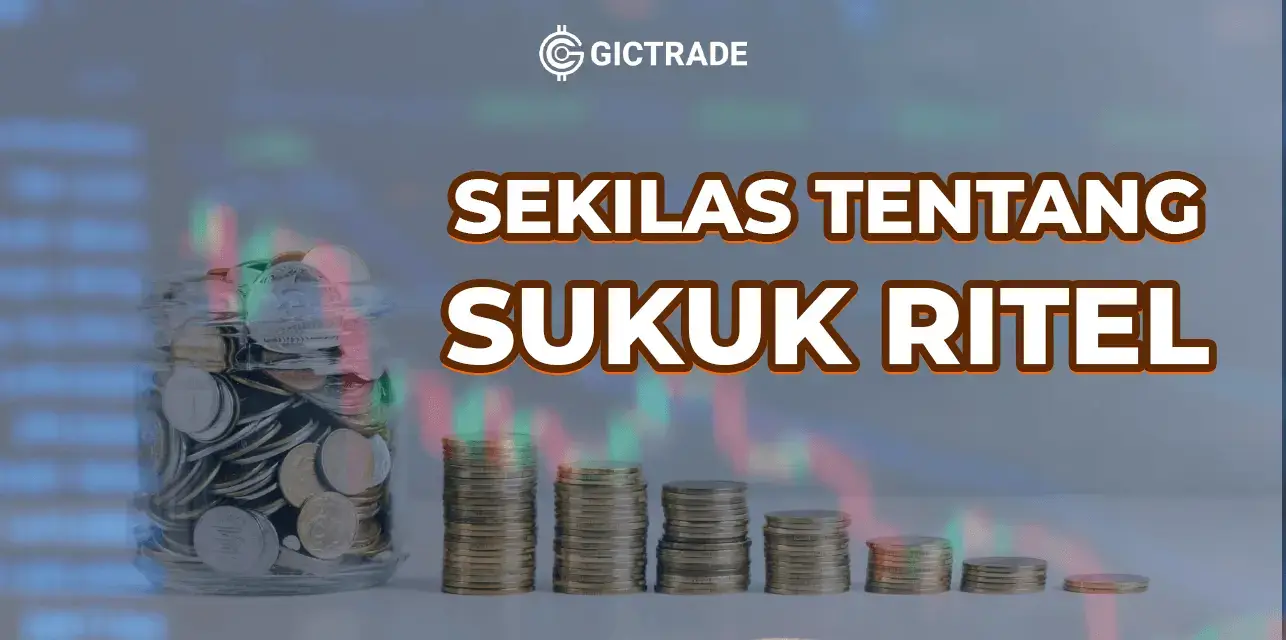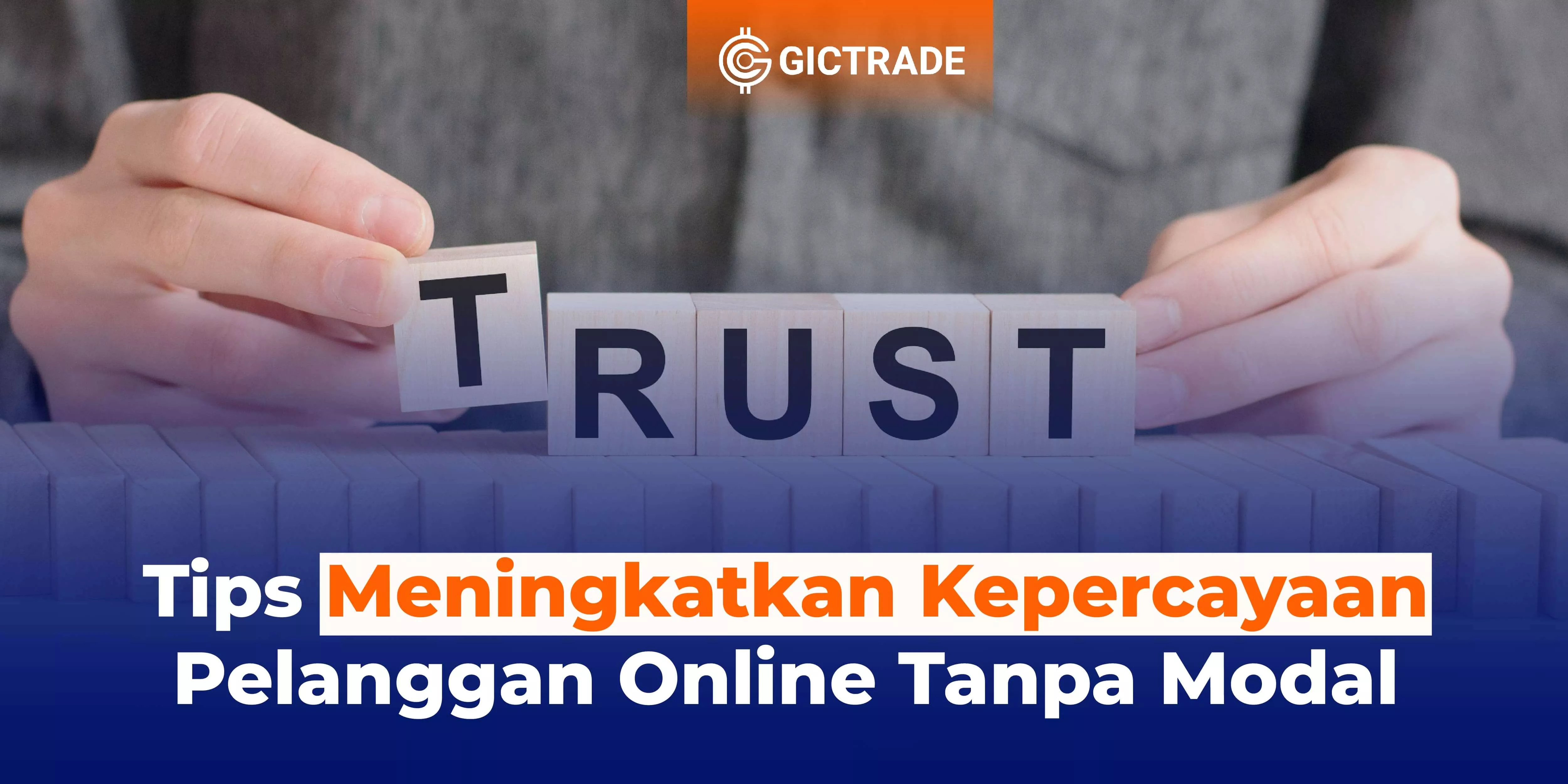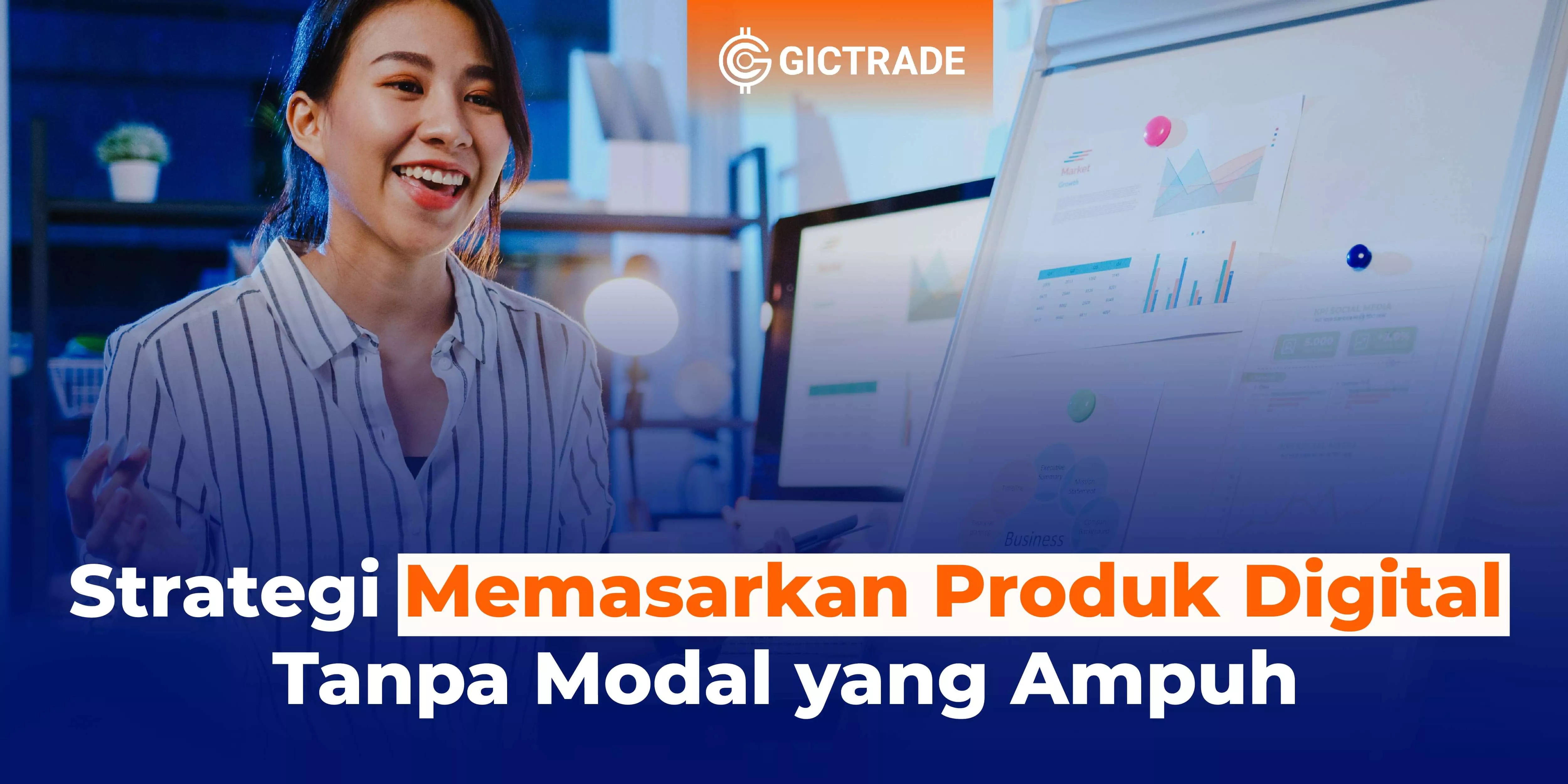What is retail sukuk?
Sukuk is a financial instrument similar to bonds and also stocks that are in accordance with Islamic law. Since its inception in 2002, the Sukuk market has experienced a dramatic growth rate that has attracted the attention of investors, analysts and researchers. There are three requirements for Sukuk to be considered in accordance with Sharia law.- First, the certificate must represent ownership of tangible assets, results or services of the revenue-generating company.
- Second, payments to investors come from after-tax profits and
- Third, the value paid off on the maturity date should follow the current market price of the underlying asset and not the initial investment amount. Sukuk comes in many forms, as financiers are not restricted to making their own variations. However, basically the parties involved in the issuance of Sukuk are companies (obligors or originators), Special Purpose Vehicles (SPVs) and investors who buy Sukuk. The SPV is a bankruptcy remote entity, separate from its originator, that issues Sukuk certificates.
Characteristics of retail sukuk
Here are 6 characteristics of sukuk that you need to know, namely:- For Individual Indonesian Citizens
- Investment management with sharia principles
- Orders starting from Rp 1 million
- Tenor 2 to 3 years
- Rewards are still paid out every month
- Can be traded in the secondary market among domestic investors
The Difference Between Retail Sukuk and Conventional Bonds
Although retail sukuk is sometimes called sharia bonds, it turns out that there are some differences between the two that are quite striking. Bonds are long-term or medium-term debt securities that you can buy and sell. Bonds contain an agreement from the issuing party to make payments in the form of interest within a certain period of time. Next, pay off the principal debt at the end of the time that has been determined to you as a bond buyer. There are two categories of government bonds, namely sharia bonds and conventional bonds. Sukuk is a sharia bond, while conventional bonds are Retail Saving Bonds and Indonesian Retail Bonds. While a common starting point for explaining sukuk is to use bonds as a point of comparison, it is important to understand that there are certain fundamental differences. Sukuk adheres to the Islamic view of finance, avoiding Riba (making money from money, i.e. interest or riba), bonds are securities that are very Riba due to the fact that they have a fixed interest. There are five important differences between sukuk and bonds:- Sukuk indicates the ownership of an asset. Bonds indicate debt obligations.
- Assets that return sukuk are in accordance with Sharia. Asset-backed bonds can include products or services that are contrary to Islam.
- Sukuk is valued according to the value of the asset that supports it. Bond pricing is based on credit ratings.
- Sukuk can increase in value when an asset increases in value. The profits of bonds correspond to fixed interest, making them Riba.
- When you sell sukuk, you sell ownership of the assets that support it. Bond sales are debt sales.

How to buy retail sukuk
The following are details of the stages of buying or becoming an investor in SR017 Retail Sukuk. You can follow the purchase method below:1. Registration
The registration process for Prospective Investors is through the Electronic System provided by the Distribution Partner (Midis). Entering data includes, among others, personal data, SID (Single Investor Identification) number, Fund Account number and Securities Account number. Prospective investors who do not have a SID number, fund account, and/or securities account, will be assisted by Midis.
2. Most recent booking
After successful registration, the Prospective Investor places an order for SR015 by previously reading the provisions in the Information Memorandum. Orders can only be made during the SR015 offer period.3. Payment
After the order is verified, the Prospective Investor will receive a payment code (Billing Code) via email/SMS according to the policy of each Distribution Partner. The payment code is used for depositing investment funds through Bank Perception (teller, ATM, internet banking, mobile banking) within the specified time limit.4. Confirmation
After payment, Prospective Investors will obtain NTPN (State Revenue Transaction Number) and completed order notification and will receive SR015 allocation on the settlement/issuance date. Investors who are interested in investing in the SR017 series of retail sukuk can access the retail sukuk website or contact the 31 distribution partners that have been determined by the government.Advantages of retail sukuk investment
Among the benefits of Sukuk we can refer to as follows:- Sukuk is tradable capital.
- Market products that provide fixed or variable rates in the medium to long term return. It is assessed and assessed by international rating agencies, which investors use as a guideline to assess the risk/return parameters of issue Sukuk.
- Sukuk has a regular periodic income stream over the investment period with easy and efficient settlement and the possibility of an increase in the Sukuk capital.
- Finally, Sukuk is a liquid instrument and can be traded in the secondary market.

 Last:
Last: 







